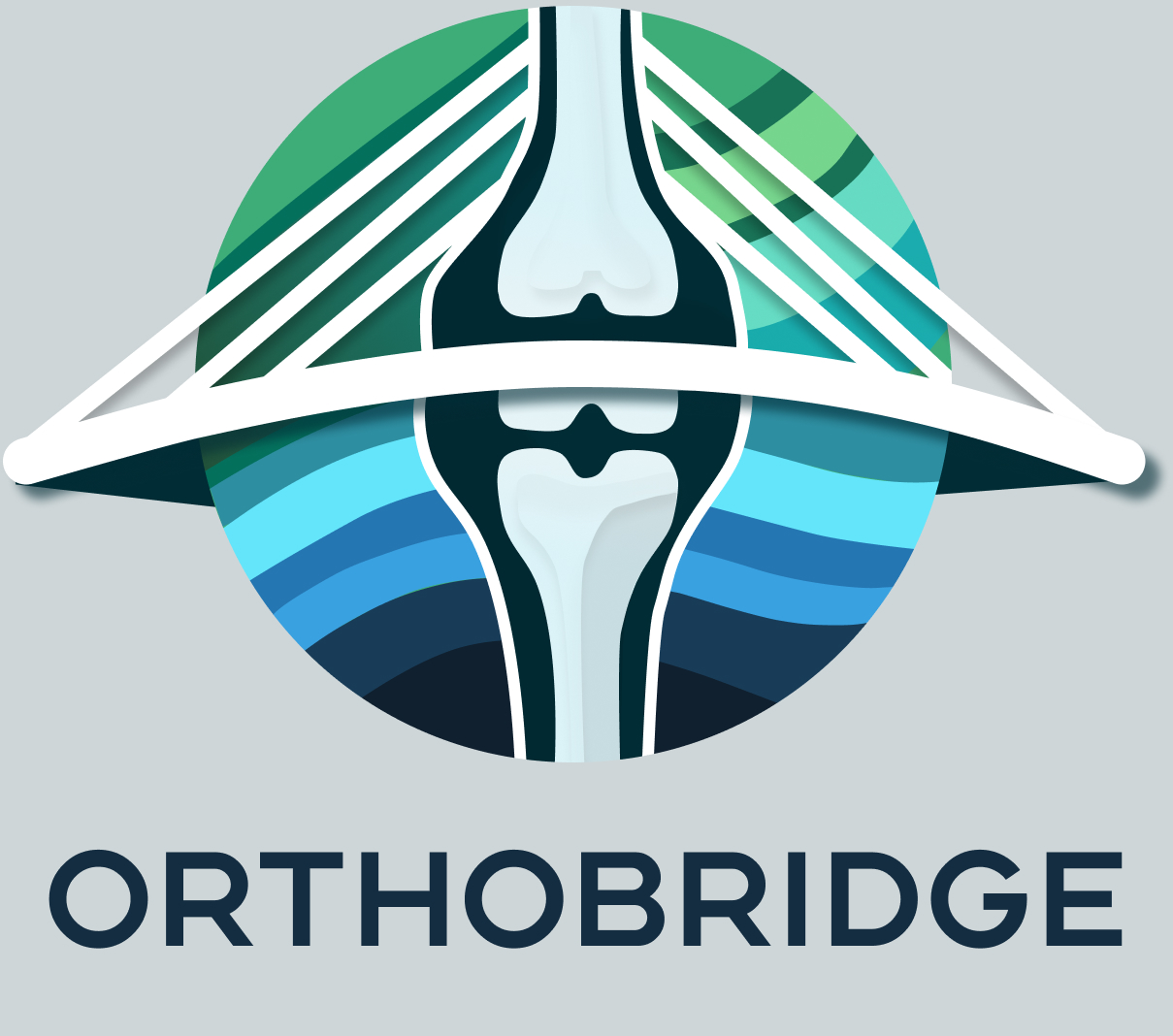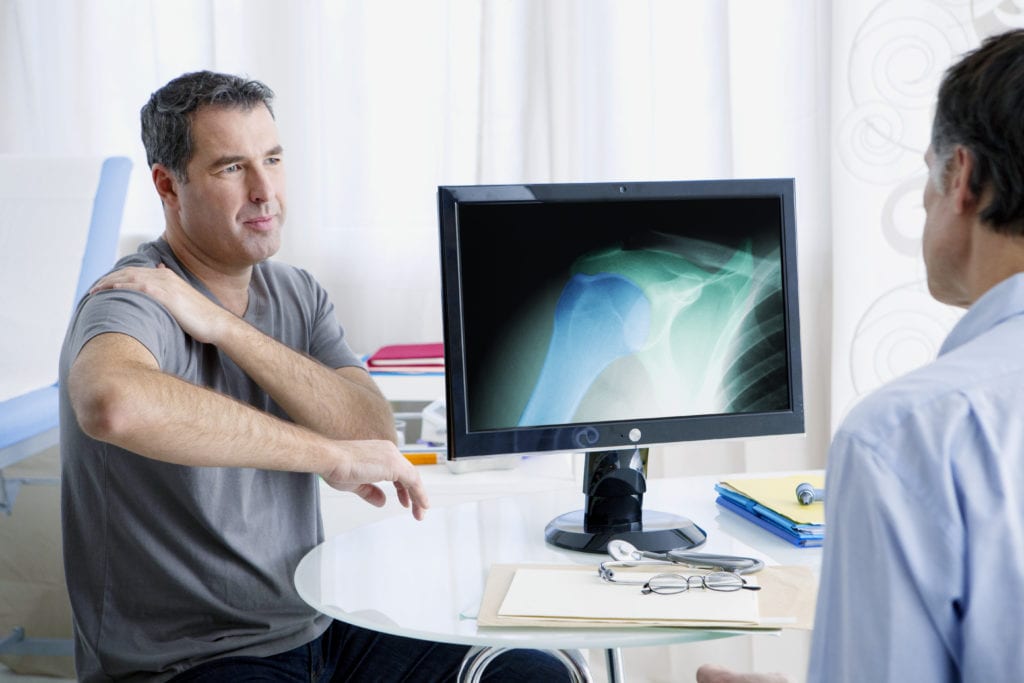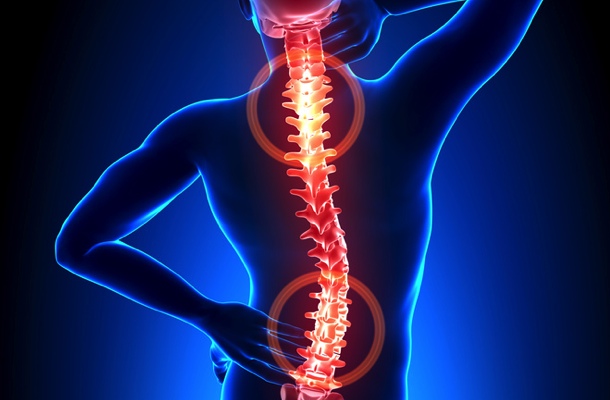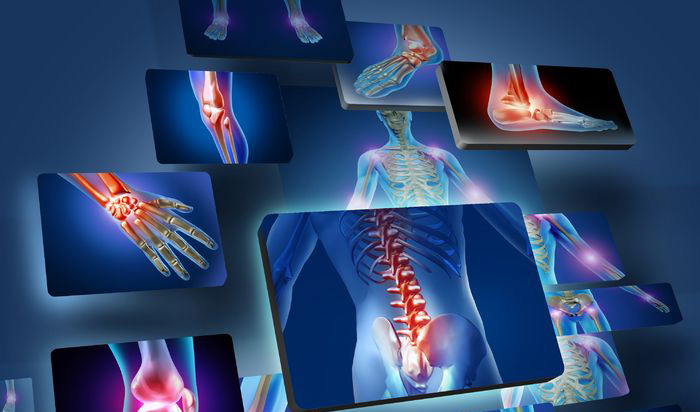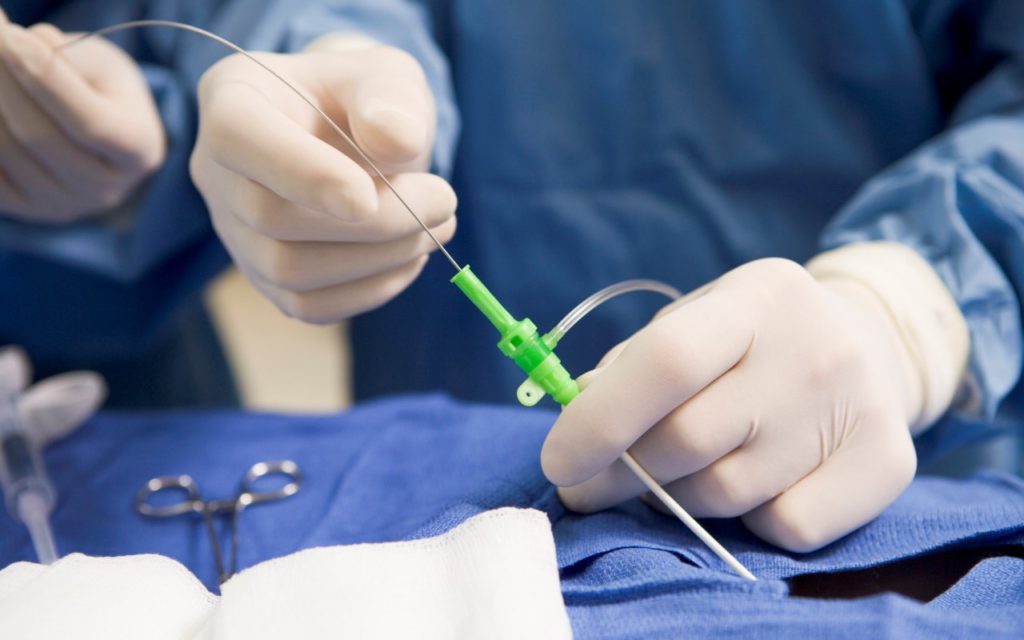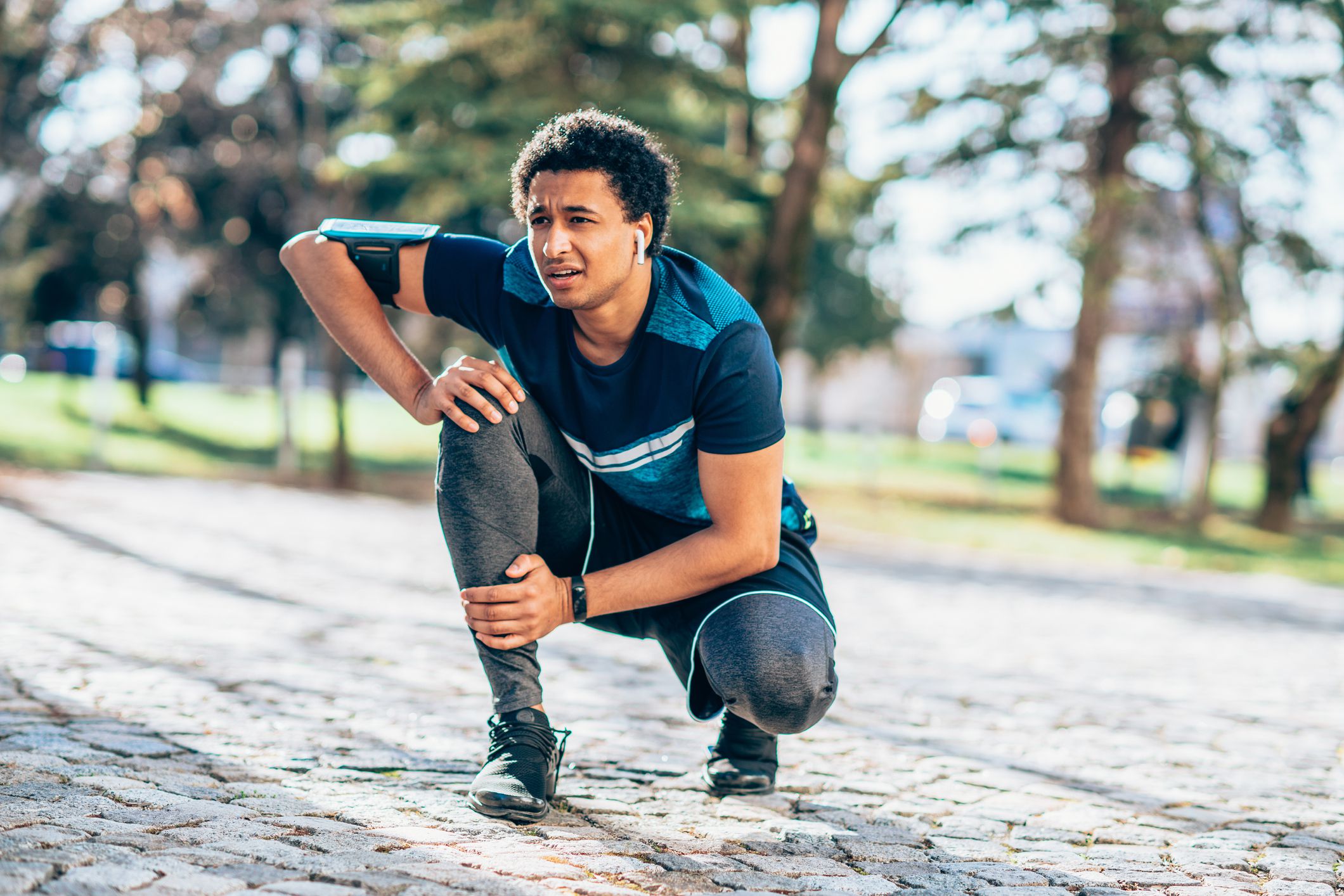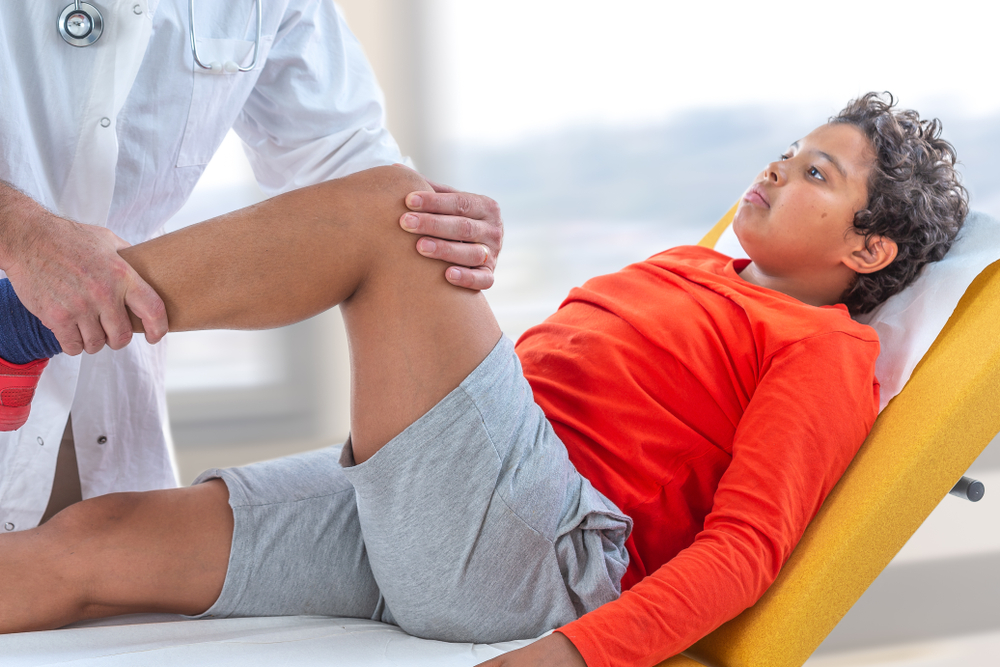Trigger Finger Treatment
Trigger finger is a condition that causes pain, stiffness, and a sensation of locking or catching when you bend and straighten your finger. The condition is also known as “stenosing tenosynovitis.”
Orthobridge Institute, an orthopedic center in Nairobi Kenya offers expert diagnosis, treatment, and rehabilitation to manage a trigger finger.
The top-rated hand surgeon in Kenya, Col (Dr) Adari at Orthobridge Institute, offers the most advanced, most effective treatments for those throughout Kenya and the world who are dealing with a trigger finger.
What is Trigger Finger?

Signs and symptoms associated with Trigger finger

Other symptoms include:
- Finger stiffness, particularly in the morning
- Finger catching or locking in a bent position, which suddenly pops straight.
- Pain when you bend or straighten the finger.
- A popping or clicking as you move your finger.
What causes trigger fingers?

Factors that put you at risk of developing trigger finger include:
- Repeated gripping: Occupations and hobbies that involve repetitive hand use and prolonged gripping may increase your risk of trigger finger.
- Certain health problems: People who have diabetes or rheumatoid arthritis are at higher risk of developing trigger finger.
- Gender: It’s more common in women than men.
- Job: It’s common among farmers, industrial workers, musicians, and anyone else who repeats finger and thumb movements.
Diagnosis of Trigger Finger
Diagnosis of trigger finger doesn’t require any elaborate testing. Our surgeon in Kenya will make the diagnosis based on your medical history and a physical exam.
During the physical exam, he will ask you to open and close your hand, checking for areas of pain, smoothness of motion, and evidence of locking.

Trigger Finger Treatment in Kenya
The treatment for trigger finger depends on the severity of your symptoms and how long you’ve had them.
Initial treatment for a trigger finger is usually nonsurgical.
- Rest: Resting your hand and avoiding activities that make it worse may be enough to resolve the problem.
- Splinting: Wearing a splint at night to keep the affected finger or thumb in a straight position while you sleep may be helpful.
- Exercises: Gentle stretching exercises can help decrease stiffness and improve range of motion in the involved digit.
- Medications: Over-the-counter medications, such as acetaminophen and nonsteroidal anti-inflammatory drugs (NSAIDs), can help relieve pain and inflammation.

If you suspect you have a trigger finger or any of the symptoms mentioned, we welcome you to visit us.
An orthopedic surgeon in Kenya, Col (Dr) Adari will quickly diagnose your trigger finger and determine the appropriate next steps.
When is surgery needed?
If your symptoms are severe or if conservative treatments haven’t helped, your doctor might suggest:
Percutaneous release: Your surgeon will numb the palm of your hand then insert a needle into the area around the affected tendon. She’ll move the needle and your finger to loosen the tendon and make it work smoothly. An ultrasound may be used to see where the tip of the needle is. This will help make sure she doesn’t damage your tendon or nearby nerves.
Surgery: Working through a small incision near the base of your affected finger, your surgeon can cut open the constricted section of the tendon sheath. This procedure is usually done in an operating room.
The goal of treatment in the trigger finger is to eliminate the swelling and catching/locking, allowing full, painless movement of the finger or thumb.
Our surgeon in Kenya is highly trained and has extensive experience diagnosing and treating Trigger Fingers.

Recovering from Trigger Finger Surgery
Most patients are encouraged to move their fingers immediately after surgery. It is common to have some soreness in your palm. Elevating your hand above your heart can help reduce pain and swelling.
Immediately after surgery, a person should be able to move their finger or thumb. Be gentle with movements at first; full movement can be expected to return in 1 to 2 weeks.
Although your incision will heal within a few weeks, it may take from 4 to 6 months for swelling and stiffness in your hand and fingers or thumb to go away completely.
If your finger was super stiff before surgery, the doctor will probably suggest physical therapy to teach you exercises to help loosen it.
Your orthopedic surgeon in Kenya, Col (Dr) Adari gives you measures you can take to ensure your finger heals correctly such as keeping the wound clean, using mild soap and water.
